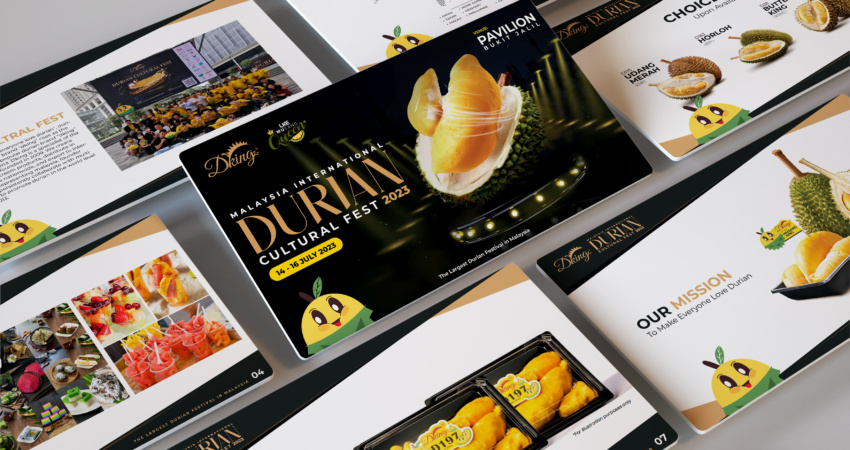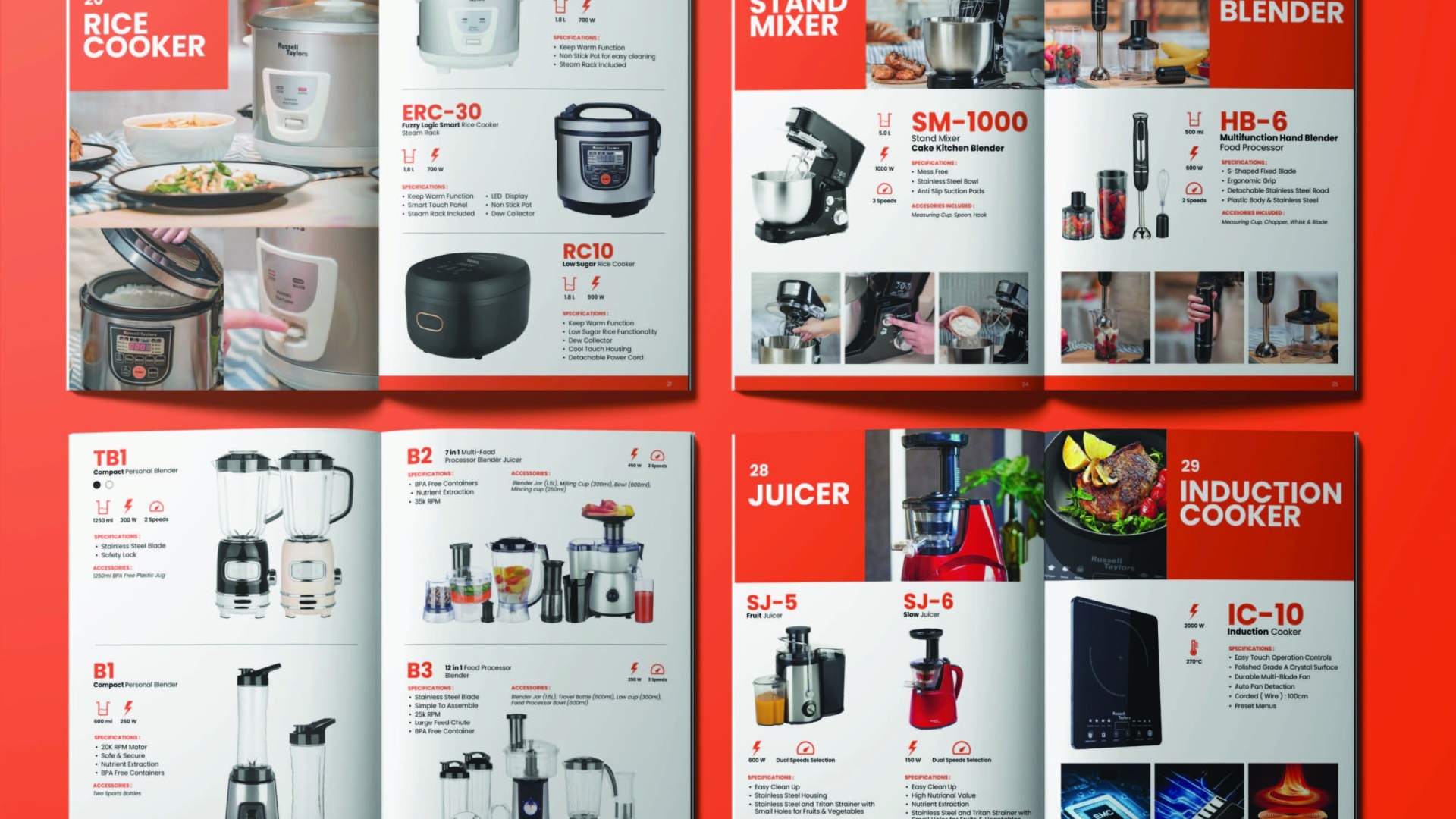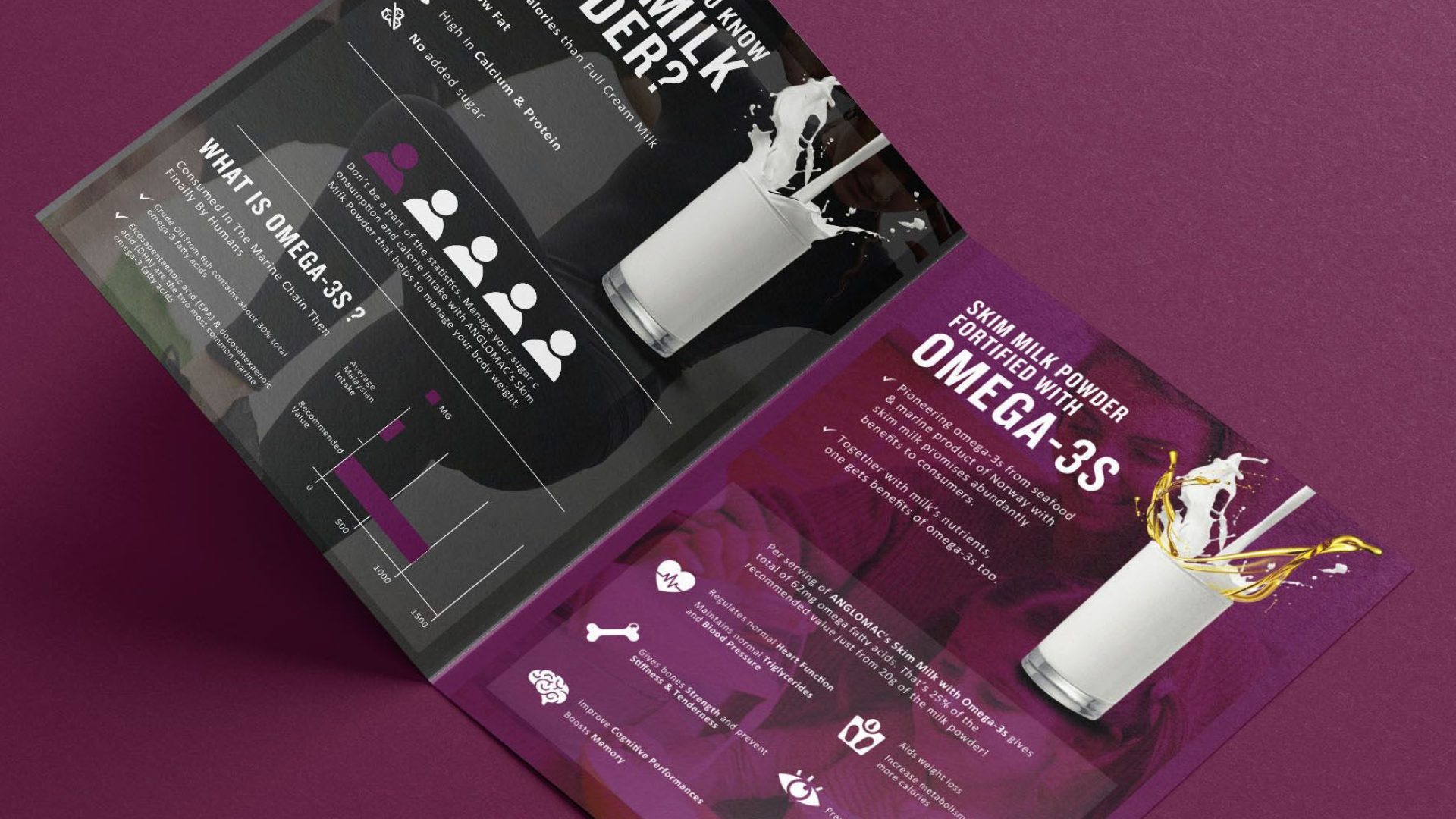
sejistudio
- 08 Jan 2024
- 3 min read
The Psychology Behind Packaging: How Design Influences Consumer Behavior

In the bustling aisles of a supermarket, amidst a myriad of choices, a product’s packaging often plays a pivotal role in swaying consumer decisions. Unbeknownst to many shoppers, the psychology behind packaging design is a fascinating interplay of colours, shapes, and messaging that can significantly influence buying behaviour. In this exploration, we delve into the intricate world of packaging psychology and uncover how design choices can leave a lasting imprint on the consumer psyche.
The Visual Impact: Colors and Shapes
Colours and Emotions
Colours evoke emotions; savvy packaging designers leverage this to create a desired emotional response. For example, warm tones like red and orange may convey energy and excitement, while cooler hues like blue and green evoke calmness or trust. Understanding the emotional triggers associated with different colours allows designers to align packaging with a brand’s desired image.

Shapes and Perceptions
Beyond colours, the shapes used in the packaging can also influence perceptions. Rounded shapes often convey a sense of approachability and friendliness, while angular shapes may suggest modernity or strength. Packaging designers carefully consider these visual elements to craft an immediate and subconscious connection with consumers.
The Power of Storytelling: Messaging and Imagery
Crafting a Narrative
Consumers are drawn to products that tell a story. Packaging design serves as a visual storyteller, communicating the brand’s values and creating a connection with the audience. Whether through imagery, text, or a combination, an effective narrative can differentiate a product from its competitors and resonate with consumers more deeply.
Familiarity and Trust
Familiar imagery builds trust. Recognizable logos, symbols, or even relatable visuals create a sense of familiarity that can influence purchasing decisions. Consumers often gravitate toward trustworthy products that align with their values, and packaging design is the initial point of building that trust.
Behavioural Triggers: Practical Considerations
Ease of Use
Functionality is a crucial aspect of packaging psychology. Products with user-friendly packaging are likely to be perceived positively by consumers. Ease of use enhances the overall experience and contributes to repeat purchases.
Scarcity and Urgency
Creating a sense of scarcity or urgency through packaging design can trigger consumers’ fear of missing out (FOMO). Limited edition labels, countdowns, or exclusive packaging can drive impulse purchases and a sense of exclusivity.
The Subconscious Impact: Neuromarketing Insights
Eye-tracking Studies
Neuromarketing studies, including eye-tracking research, provide valuable insights into consumer behaviour. Understanding where consumers focus their attention on a package can inform design decisions. For instance, the prominent placement of key information or visual elements can capture and retain attention.
Emotional Response Measurements
Advancements in technology allow marketers to measure consumers’ emotional responses to packaging designs. Tools like facial expression analysis and skin conductance provide quantitative data on emotional engagement, helping refine and optimize packaging strategies.
Conclusion: Crafting a Lasting Impression
In conclusion, the psychology behind packaging design is a nuanced dance between visual appeal, storytelling, and practical considerations. A successful packaging design not only captures attention on the shelf but also resonates with consumers on a subconscious level, influencing purchasing decisions. Understanding the psychology behind packaging is a powerful tool for brands looking to create an enduring connection with their target audience. As you navigate the world of packaging design, consider the intricate interplay of colours, shapes, messaging, and practicality to craft a packaging strategy that not only stands out but also leaves an indelible mark on the minds of consumers.





